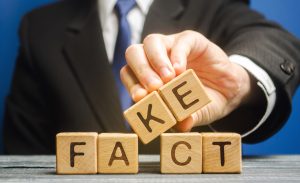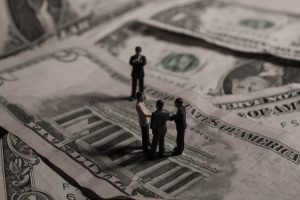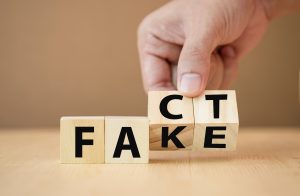As the IRS and state tax authorities cracking down on crypto investors and traders, cryptocurrency tax fraud whistleblowers stand to receive significant awards
Mark A. Strauss Law, PLLC, a whistleblower law firm, is encouraging individuals with information regarding tax evasion in connection with cryptocurrency transactions to contact whistleblower attorney Mark A. Strauss for a free consultation.
In Notice 2014-21, the IRS made clear that convertible digital currencies comprise intangible “property”—just like shares of stock or other financial assets—for tax purposes. What that means is that when crypto currencies like Bitcoin (BTC), Etherium (ETH), Ripple (XRP) are sold or exchanged—or simply used as a means of payment—the transaction in question is a taxable event. Capital gains taxes are owed on any price increases realized. Parties accepting crypto as payment for goods or services must include the value thereof in their gross income. Moreover, a wide range of transactions involving cryptocurrencies are potentially taxable, including staking, mining, and crypto-to-crypto trading.
 The Whistleblower & Anti-Fraud Blog
The Whistleblower & Anti-Fraud Blog


 hinese Billionaire Liu Zhongtian—known as “Uncle Liu” or “Big Boss”—have been
hinese Billionaire Liu Zhongtian—known as “Uncle Liu” or “Big Boss”—have been 
 uit Court of Appeals has affirmed that false statements regarding eligibility to take part in government programs—and not just subsequent false claims for payment after being allowed to participate—are actionable under the
uit Court of Appeals has affirmed that false statements regarding eligibility to take part in government programs—and not just subsequent false claims for payment after being allowed to participate—are actionable under the  mports of steel components from China. The qui tam whistleblower who exposed the fraud—the company’s former logistics coordinator—will receive a whistleblower award (or “relator’s share”) of $3.7 million under the False Claims Act.
mports of steel components from China. The qui tam whistleblower who exposed the fraud—the company’s former logistics coordinator—will receive a whistleblower award (or “relator’s share”) of $3.7 million under the False Claims Act. s supplier CWD Holdings, LLC – which does business as Centric Parts – has agreed to
s supplier CWD Holdings, LLC – which does business as Centric Parts – has agreed to  ed to
ed to 
 ewards.
ewards. the way for similar whistleblower claims.
the way for similar whistleblower claims.